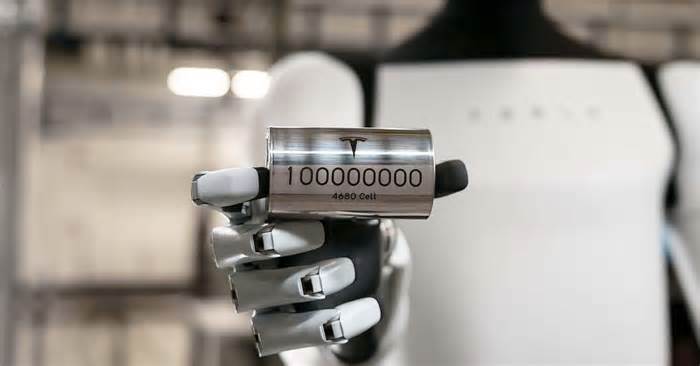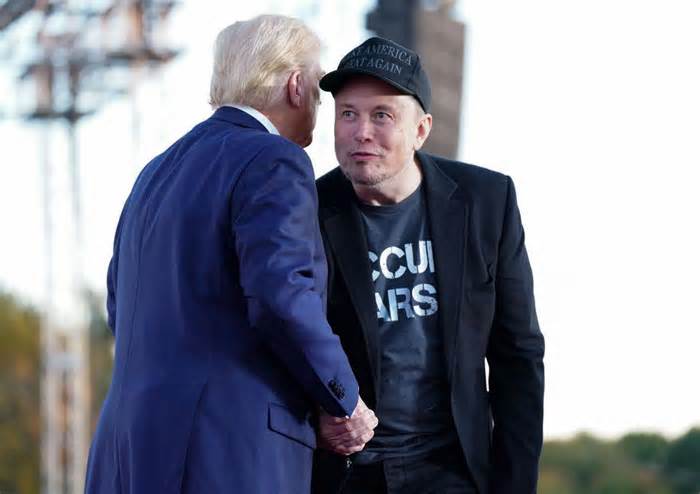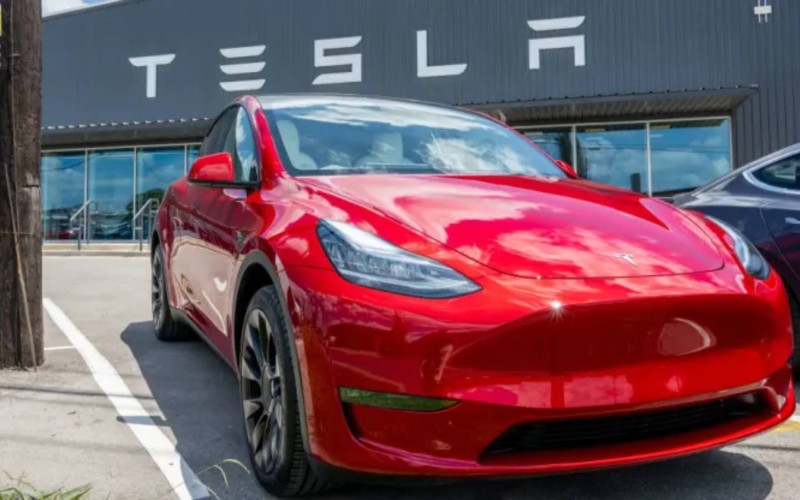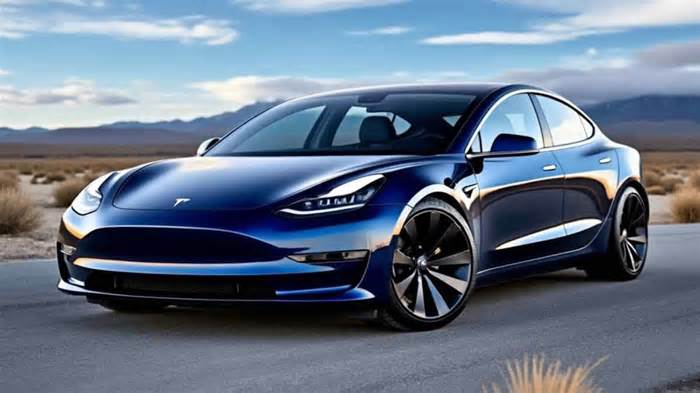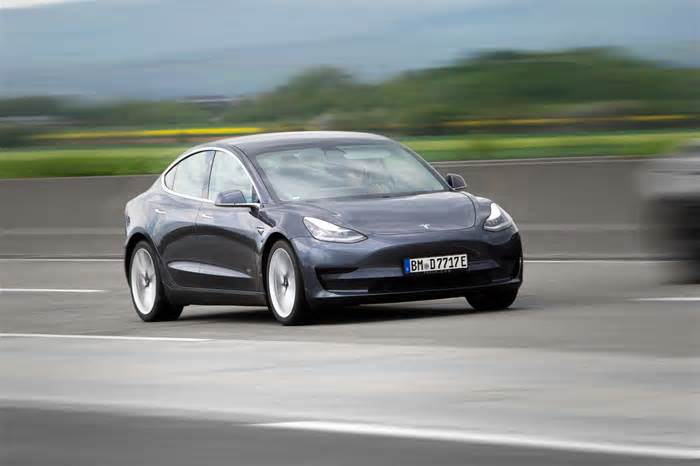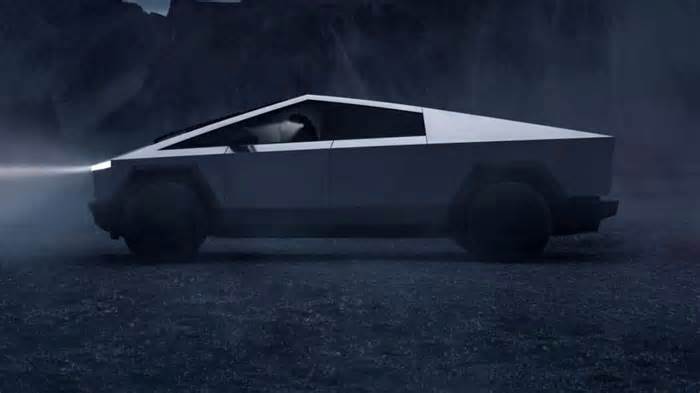
How One Company is Using 3D Printing and AI to Make Sports Cars More Efficiently
- by Time
- Sep 23, 2024
- 0 Comments
- 0 Likes Flag 0 Of 5
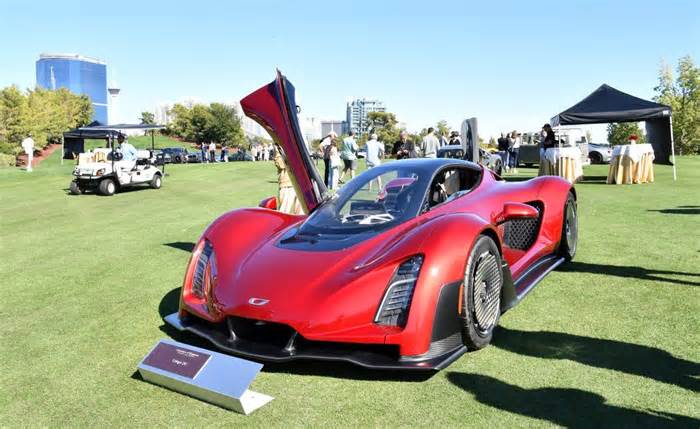
September 23, 2024 11:27 AM EDT
A newcomer to the performance automotive scene has been setting speed records this summer with its 3D-printed hypercar. On Aug. 26, the 21C, made by Los Angeles-based company Czinger, set a lap record on California's Laguna Seca track for production cars—meaning those sold to customers and not just used on the track. A month earlier, the Czinger 21C claimed the production record on Austin’s F1 circuit, and shattered the production car hillclimb record at the Goodwood Festival of Speed motorsport, an annual U.K.-based motorsport event.
“We call it ‘the summer of records,’” says Czinger’s co-founder, COO, and president, Lukas Czinger. “It’s been a lot of fun.”
While these record-breaking performances are impressive, Lukas and his father, Kevin Czinger, who is the company’s CEO, have far grander ambitions than just building fast cars. The 21C is a showcase of what’s possible using parent company Divergent's end-to-end design and manufacturing platform, which integrates artificial intelligence, advanced material science, and 3D printing. Together, these technologies allow the company to streamline design to use as few materials as possible.
Their strategy is already paying off. This summer, Divergent, which is also led by the father-son duo, added McLaren and Bugatti to the list of luxury automakers it will design and manufacture components for. But Divergent hopes that its manufacturing platform will soon “trickle down” from the ultra high-end to mass-market vehicles, and eventually aerospace and other industries. “If we do our job right,” Lukas Czinger says, “'it will be the biggest manufacturing system in the world in 10 years.”
It's not the first time a new American automaker has used a high-tech sports car to make its mark, with the ultimate aim of bringing that same cutting-edge technology to the mainstream. In 2008, Tesla began shipping the Roadster in small quantities, part of CEO Elon Musk's "master plan" to use luxury vehicle profits to finance more affordable models. Divergent’s path has some similarities, albeit with a different end game. Rather than selling mass-market vehicles itself, Divergent hopes that its end-to-end system will be used to help other companies both design and manufacture cars more sustainably.
The Divergent Adaptive Production System (DAPS), Divergent’s software and hardware solution which was used to design and build the Czinger 21C, helps make lighter, more aerodynamic vehicles. This has obvious benefits when you want to break speed records, but it could also help mass-market automakers cut costs while being more sustainable. “If you save 20 to 30% of a vehicle's chassis mass, if you multiply that by hundreds of millions of cars,” says Lukas Czinger, “that is a massive impact.”
Please first to comment
Related Post
Stay Connected
Tweets by elonmuskTo get the latest tweets please make sure you are logged in on X on this browser.
Sponsored
Popular Post
Tesla: Buy This Dip, Energy Growth And Margin Recovery Are Vastly Underappreciated
28 ViewsJul 29 ,2024






 Energy
Energy




